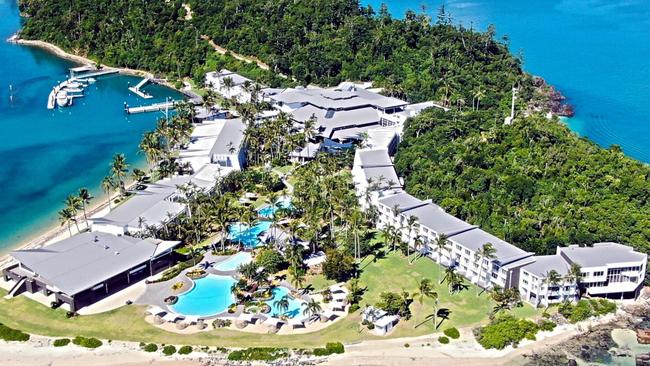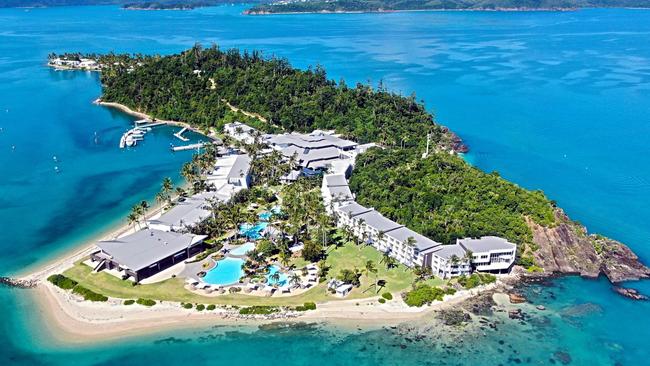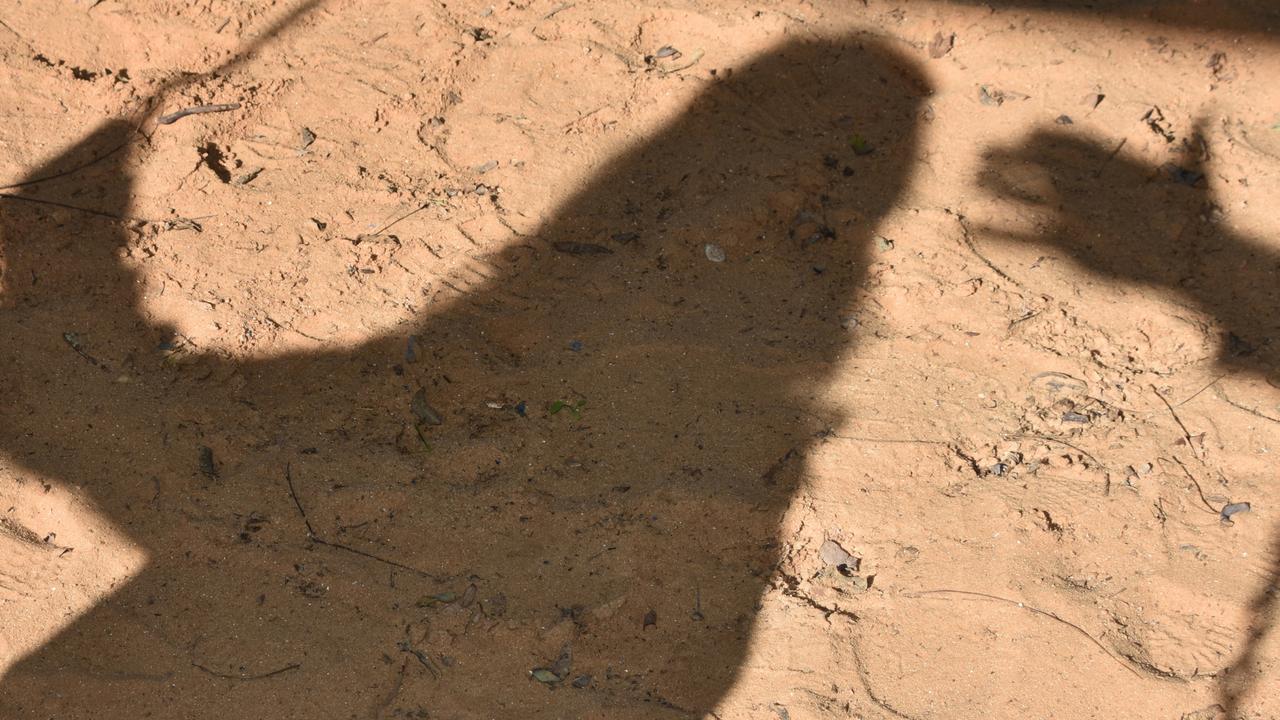Company takes Daydream Island resort urination payout to High Court of Australia
The owners of a popular island resort ordered to pay more than $400,000 to a former employee after his roommate drunkenly urinated on his face have fought back, taking their case to the country’s highest court.

Police & Courts
Don't miss out on the headlines from Police & Courts. Followed categories will be added to My News.
The owners of a popular Whitsunday island resort ordered to pay more than $400,000 to a former employee after his roommate drunkenly urinated on his face in their shared work accommodation have taken their case to the country’s highest court.
Aaron Schokman was working as a food and beverage manager on Daydream Island and sharing a room with Sean Hewett when the incident occurred in the early hours of November 7, 2016.
He woke to Mr Hewett standing over him urinating on his face, which prompted a cataplectic attack.
As a result of the incident Mr Schokman suffered a post-traumatic stress disorder, which had since improved considerably but had left him with an adjustment disorder with mixed anxiety and depressed mood.
Mr Schokman tried to sue his former employer CCIG Investments Pty Ltd over the incident alleging the latter had breached its duty of care to him, but the trial judge rejected the lawsuit. He appealed the decision and won.
In a Court of Appeals judgement Justice Philip McMurdo found Mr Schokman’s case of vicarious liability should have been upheld and awarded him $431,738.88.

Justice McMurdo found it was a term of Mr Hewett’s employment that he reside in staff accommodation on the island and “the terms of his employment required him to take reasonable care that his acts did not adversely affect the health and safety of other persons. That was an obligation which governed his occupation of this room”.
But CCIG has sought leave to appeal the case in the High Court of Australia.
Bret Walker, for CCIG, argued this was “quite a different case … where nobody could fairly or sensibly attribute the acts in question to anything called for by the employment”.
“It simply is not sensible and imposes no jurisprudential limit to possible liability, to say that the employment called for the employees, out of hours, to go about their ordinary living and whatever recreation or other conduct, including sleep, that they need to engage in as human beings,” Mr Walker said.
During a recent mention in the High Court of Australia Mr Walker questioned what it was about the act “in relation to scope of course of employment that ought to be sufficient … so as to render a non-wrongdoing employer liable for the tort to his employee”.
Mr Walker said it raised the question of is there to be a special case for those employments where “accommodation and conduct out of hours in your free time, not supervised, should – because of the remoteness and the requirement of accommodation onsite, so to speak – be a means by which every such employer is liable”.
Barrister Geoffrey Diehm, for Mr Schokman, argued “ it was not just a question of provision of accommodation but a requirement as a matter of practicality as well as a contractual requirement to use the particular accommodation that the employer provided”.
Mr Diehm said there was a clause in Mr Hewett’s contract that he was required “to take reasonable care that his acts did not adversely affect the health and safety of other persons” and that his employment could be terminated if he “engaged in some conduct that brought the employer into disrepute”.
“It can hardly be said that where the employer provides the quarters that it requires the employer to live in, and that it includes in those quarters a bathroom with a toilet in it, that there is an implicit instruction that there is where one is to go when needing to urinate, rather than anywhere else in the quarters,” Mr Diehm said.
High Court of Australia Justice James Edelman said Mr Diehm’s submission was “more akin to a duty to provide that a safe system of work exists, and to ensure that reasonable care is taken within that safe system of work”.
“That is a non‑delegable duty; it is not vicarious liability,” Justice Edelman said.
“That is not, with respect, the case that we are meant to be putting, your Honour, if that is the way it is being seen,” Mr Diehm said.
Leave was granted in the High Court of Australia to appeal the case.





